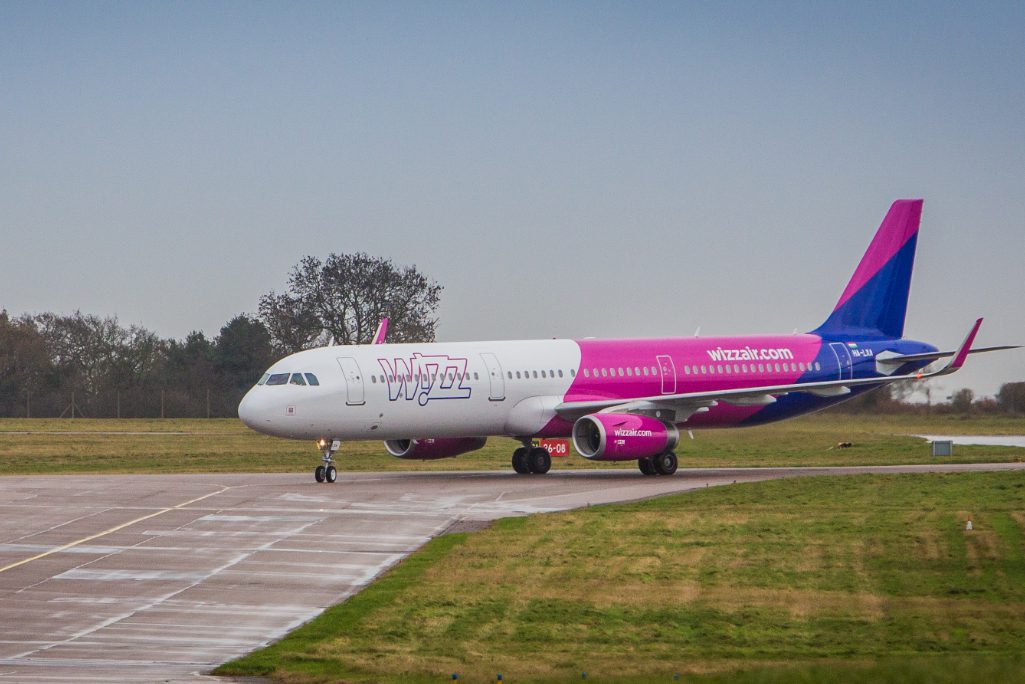Wizz Air's Odd Fee for Buying a Ticket While Using an Ad Blocker Draws Fire on Social Media

Skift Take
We've seen budget airlines foist a lot of memorable fees on travelers, but we did a double take over this higher fee for using an ad blocker.
Budget airlines have long invented absurd fees, but social media lit up this weekend over Wizz Air's fee for apparently using an ad blocker while buying a ticket on its website.
Noel Philips, a UK-based travel content creator, tweeted his surprise at a confusing surcharge for a ticket he booked for flights on the Hungary-based carrier. A so-called "system surcharge fee" puzzled him.
Philips said that when he questioned the fee, an airline representative said it applies the surcharge if a customer books on their site while using an ad blocker. If a traveler books without the ad blocker or books through its mobile app or call center instead, Wizz charges a smaller "administrative fee."
The low-cost carrier cryptically describes the "system surcharge fee" on its site as being "applicable to bookings made by automated systems." The difference in fees with or without involving "automated systems" is commonly about $2.40 (€2), according to

